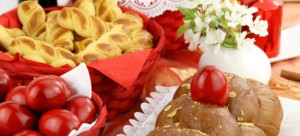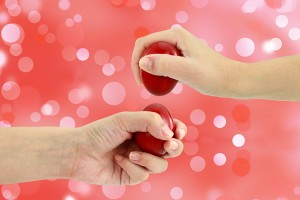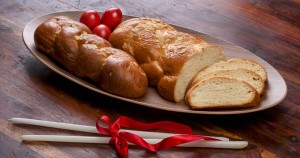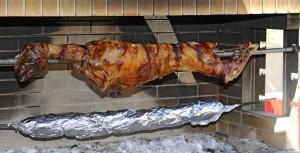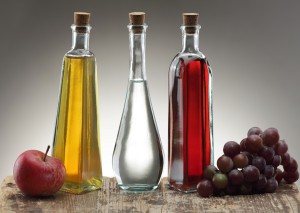Easter Week is underway in predominately Orthodox Christian Greece, replete with solemn different liturgies for every day of the week leading up to Easter Sunday – the biggest date on the ecclesiastical calendar.
Beyond the religious dimension, Easter in Greece is also loaded with symbolism – such as the advent of Spring – and a distinct and thoroughly Grecian array of seasonal delicacies.
No Easter table would be complete without the brightly dyed-red eggs, seen as a symbol of the world’s rebirth, win connotations to the Christian belief in the Resurrection of Christ.
Different colors and patterns have crept into Greek kitchens over the years, yet the deep red hue is traditionally associated with the Easter eggs. They are dyed on Easter or Bright Thursday, the day of the Crucifixion, as per the custom. The color symbolises the shed blood of Christ. The entire Holy Week is referred to as “Bright Week” as well.
The traditional cracking of the eggs amongst family and friends symbolizes the Resurrection or the breaking of Christ’s tomb, possibly beginning as a game in Britannia and subsequently spreading through Christendom.
The first egg dyed is dedicated to the Virgin Mary and saved in a home’s shrine until the next Bright Thursday, when it is buried in a field – harking back to more bucolic times – or a potted plant, if living in the city.
Sweets
Every corner in Greece has its own varieties of sweets and pastries prepared especially on Easter Thursday, yet there are two types that are usually found in every home, namely, a type of brioche (tsoureki) and Greek-style baked cookies (koulourakia). Often times both varieties are braided.
Roasted lamb
The lamb on the spit is a venerated Easter dinner tradition in most parts of Greece, but not all, and the one that most non-Greeks recall from their Orthodox Easter experiences in the country.
The tradition reportedly hails from the ancient Hebrews, who in fact painted the entrance of their homes with the blood of a sacrificed lamb, in remembrance of the Exodus from Pharaoh’s Egypt.
In this case the sacrificed lamb is roasted on a spit over hot charcoals to symbolize the Lamb of God that was sacrificed for humanity’s Salvation.
The roasting of lambs and goats in his manner dates back millennia amongst Greek tribes, with every region offering a slightly different variation of the custom.
Finally, the “vinegar” of Good Friday symbolizes the vinegar offered to Christ on the Cross by his tormentors instead of water.
The seasoning liquid is added to potato salads, lentils and other foods prepared without cooking oil, as the day mandates that the faithful follow a strict fast.
Happy Easter!
Ask me anything
Explore related questions
